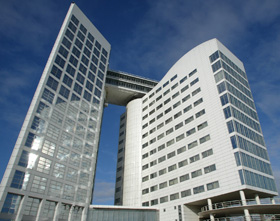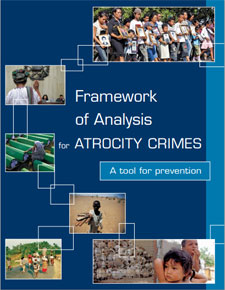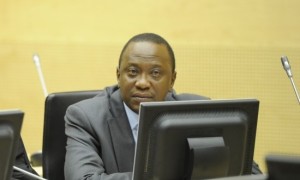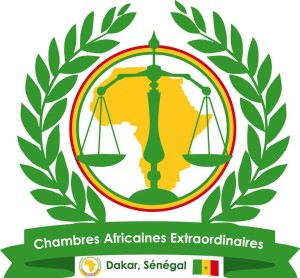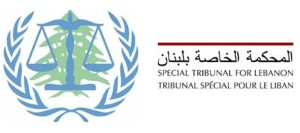by Max du Plessis
Advocate of the High Court, Durban and Sandton; Associate Tenant, Doughty Street Chambers, London; Associate Professor, University of KwaZulu-Natal
and
Nicole Fritz
Executive Director, Southern Africa Litigation Centre
I. INTRODUCTION
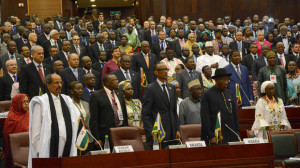
African Heads of State at the Malabo Summit last June
On June 2014, African Heads of State and Governments meeting in Malabo, Equatorial Guinea, adopted a Protocol on Amendments to the Protocol on the Statute of the African Court of Justice and Human Rights (the ACJHPR Amendment). The ACJHPR Amendment revises the (not yet in force) Protocol on the Statute of the African Court of Justice and Human Rights (ACJHR Protocol) – which was adopted in 2008 to merge the African Court on Human and Peoples’ Rights with the proposed African Court of Justice. The aim of the 2014 ACJHPR Amendment is to grant the resultant Court ‘International Criminal Law’ jurisdiction, adding to the ‘Human Rights’ jurisdiction it presently exercises and the ‘General International Law’ jurisdiction it is expected to exercise when the 2008 ACJHR Protocol comes into effect (whenever that may be). To make matters worse (or better), the ACJHPR Amendment also introduces a change in nomenclature: the new amended, revised African Court will be called the ‘African Court of Justice and Human and Peoples Rights’ (the ACJHPR) (article 8, ACJHPR Amendment).
To give effect to its aims, the 2014 ACJHPR Amendment contains a number of revisions to both the 2008 ACJHR Protocol and the Statute of the Court attached thereto. However, if matters were not already confusing and time-warped, the 2014 ACJHPR Amendment is itself a revised version of an earlier draft, approved by African Ministers of Justice and Attorney General and recommended to the AU Assembly in May 2012 (the ‘2012 Draft Amendment’). The 2012 Draft Amendment was the subject of considerable criticism, including a Comment in this journal by the author (du Plessis, ‘A new regional International Criminal Court for Africa?’, 2 SACJ (2012) 286). In short, general concerns were raised regarding the rushed drafting process and the lack of consultation, and specific concerns were raised as to difficulties surrounding jurisdiction, the definition of crimes, immunities, institutional design and the practicality of administration and enforcement of an expanded jurisdiction, amongst others. Continue reading →

